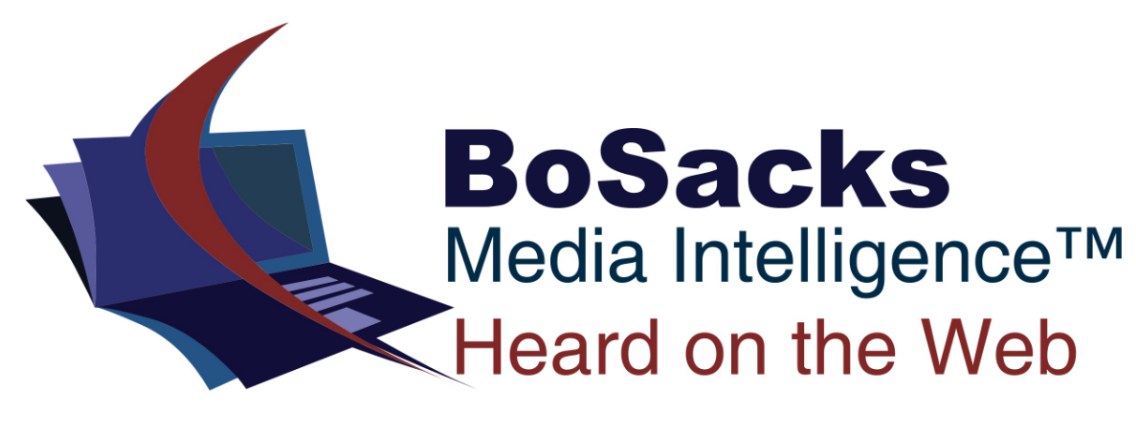BoSacks Speaks Out: The Fatal Flaw in AI Journalism Ethics, Voluntary Compliance in an Age of Incurable Greed
By Bob Sacks
Tue, Nov 18, 2025

BoSacks Speaks Out: The Fatal Flaw in AI Journalism Ethics, Voluntary Compliance in an Age of Incurable Greed
Let’s start with the good news: The Society of Professional Journalists finally admits their ethics code needs a tune-up for the AI era. Bravo. The recommendations, crafted by Gemini 2.5 Pro, are smart, comprehensive, and cover all the right bases: verification, bias, transparency, and accountability. On paper, it’s a masterpiece.
Now for the bad news: It’s voluntary. Every rule, every principle, every noble intention is optional. Publishers can pick and choose like a buffet. And that, my friends, is a fatal flaw. Add my personal philosophy that greed is incurable, and the equation is simple: Revenue beats morals every time.
The Economics of Cutting Corners
AI content is cheap, fast, and infinitely scalable. Publishers staring down shrinking margins and rising competition have two choices:
Option A: Play by the ethical rulebook
- Verify every AI-generated claim
- Detect deepfakes
- Maintain human oversight
- Label AI content clearly
- Audit for bias
- Hire staff to do all this
Option B: Cut corners and survive
- Push AI content with minimal checks
- Skip disclosure when it hurts traffic
- Let algorithms write headlines—or entire stories
- Shrink costly human staff
- Crank up the content factory
Which option does the market reward? You already know. The spreadsheet never lies.
The Tragedy of Voluntary Compliance
The publishers most likely to follow these guidelines are the ones who need them least, big brands with reputations to protect. Meanwhile, the clickbait sweatshops are racing to the bottom. They’ll ignore every rule. When ethics are optional, ethics become a handicap. The more ethical you are, the less competitive you become. Speed and volume beat accuracy every time in the attention economy.
The Credibility Death Spiral
Here’s the nightmare scenario: Voluntary compliance accelerates the very crisis it aims to prevent. As more publishers cut corners, trust erodes. As trust erodes, financial pressure grows. As pressure grows, more publishers abandon ethics. Round and round we go, a credibility death spiral. Voluntary rules can’t stop the spin.
MediaPost’s “Explicit Disclosure” Standard, A Clock Already Ticking
MediaPost deserves applause for requiring disclosure when AI is used. Admirable. But how long will it last? When disclosure starts costing traffic and revenue, what happens? I’m not doubting their intentions, I’m doubting the sustainability of any ethical practice that’s costly and optional in a market built on thin margins and thick ambition.
What We Actually Need (and Won’t Get)
Journalism doesn’t need more polite suggestions. It needs teeth:
- Regulatory frameworks with real penalties for AI-driven misinformation
- Platform responsibility, rank verified, disclosed content higher
- Economic models that reward accuracy, not volume
- Industry standards with audits and accreditation
- Legal liability for undisclosed AI content that causes harm
But these require courage, cooperation, and political will. Heavy lift in a world where powerful players thrive in the shadows of plausible deniability. So what will we get? Nice voluntary guidelines. A polite shrug. And a race downhill.
The Gemini Paradox
There’s irony in asking AI to write ethics rules for AI journalism. Gemini’s recommendations are brilliant. But AI can articulate ethics, it can’t enforce them. No authority, no power, no stake. Humans will follow only when it aligns with their interests. And greed? Greed never sleeps. Greed never retires. Greed never volunteers for extra rules.
Conclusion: Hope Is Not a Strategy
I’d love to be wrong. I’d love to believe publishers will choose the hard, honest, costly path. But after five decades of watching media economics, I know the pattern. The race to the bottom isn’t a theory, it’s history. SPJ’s work matters. Their guidelines will help those who already care. But voluntary compliance won’t fix structural rot. At best, it rearranges deck chairs while the waterline creeps higher.
The question isn’t whether the guidelines are good, they are. The question is, who will follow them when they cost money? Greed has been giving us the answer for centuries.
